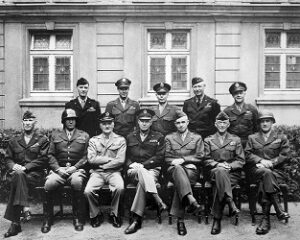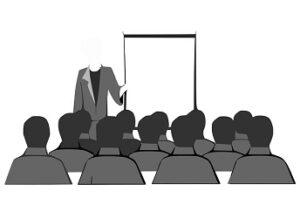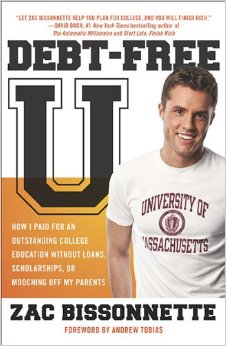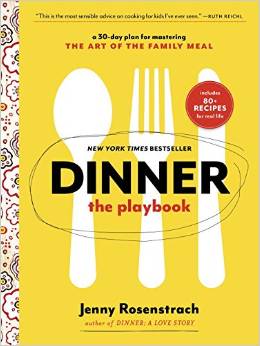 . . but planning is everything.
. . but planning is everything.
This saying is attributed to Dwight D. Eisenhower, and to be honest it didn’t make sense to me at first. Plans almost always go awry in some way, but that’s not the same as saying that plans are useless.
Substitute the word “preparation” for “planning” and the meaning becomes much clearer. I was reminded as I worked on this post of a talk I heard many years ago at an educational conference by Dr. Jerry Tetreau. He was speaking about the importance of being prepared to teach, using the Latin word praeparō, meaning “to make ready in advance.” If you’re prepared, then a change in plans won’t throw you. And there are always changes in plans, no matter how well thought out they may be.
Back in the mid-1970’s I saw a great illustration of this principle. A fellow graduate student was doing her speech recital, a dramatic presentation on Catherine Booth, the wife of William F. Booth, the founder of the Salvation Army. There she was, up on stage all by herself, costumed in a cape and hat, when suddenly something started flying around the stage. She kept going. Eventually, I think, the critter disappeared, but she never missed a beat, and she finished the recital to great applause. Know what it was? A bat. How would you ever plan for such a thing? The truth is, you wouldn’t. You couldn’t. You could only prepare.
 I’ve been writing quite a bit recently about two subjects: tools and planning. As I write this I’m facing two frantic days to prepare for tomorrow night’s concert and reception. Yesterday I got all of my grocery shopping done, a task that I would normally have put off until today. So today can be solely dedicated to food prep that can be done ahead, housework, and going over my music. We have our second concert-week rehearsal this evening, which will be fraught with the usual angst over our entrances and exits. (Why we can’t just have a standard procedure that we always follow is beyond me, but I guess it keeps us from getting complacent.)
I’ve been writing quite a bit recently about two subjects: tools and planning. As I write this I’m facing two frantic days to prepare for tomorrow night’s concert and reception. Yesterday I got all of my grocery shopping done, a task that I would normally have put off until today. So today can be solely dedicated to food prep that can be done ahead, housework, and going over my music. We have our second concert-week rehearsal this evening, which will be fraught with the usual angst over our entrances and exits. (Why we can’t just have a standard procedure that we always follow is beyond me, but I guess it keeps us from getting complacent.) I’ve been writing quite a bit recently about two subjects: tools and planning. As I write this I’m facing two frantic days to prepare for tomorrow night’s concert and reception. Yesterday I got all of my grocery shopping done, a task that I would normally have put off until today. So today can be solely dedicated to food prep that can be done ahead, housework, and going over my music. We have our second concert-week rehearsal this evening, which will be fraught with the usual angst over our entrances and exits. (Why we can’t just have a standard procedure that we always follow is beyond me, but I guess it keeps us from getting complacent.)
I’ve been writing quite a bit recently about two subjects: tools and planning. As I write this I’m facing two frantic days to prepare for tomorrow night’s concert and reception. Yesterday I got all of my grocery shopping done, a task that I would normally have put off until today. So today can be solely dedicated to food prep that can be done ahead, housework, and going over my music. We have our second concert-week rehearsal this evening, which will be fraught with the usual angst over our entrances and exits. (Why we can’t just have a standard procedure that we always follow is beyond me, but I guess it keeps us from getting complacent.) As everyone in the known universe knows, Gretchen Rubin’s new book on habits, Better than Before, came out last week. While Gideon was getting his MRI on Friday at the hospital I walked over to the Tattered Cover Bookstore to buy my copy and get my admission ticket for her appearance there tomorrow night. I’ve been reading it kind of slowly, trying to savor it and take it all in. I even plan to do something very rare for me: go back and highlight the most important ideas.
As everyone in the known universe knows, Gretchen Rubin’s new book on habits, Better than Before, came out last week. While Gideon was getting his MRI on Friday at the hospital I walked over to the Tattered Cover Bookstore to buy my copy and get my admission ticket for her appearance there tomorrow night. I’ve been reading it kind of slowly, trying to savor it and take it all in. I even plan to do something very rare for me: go back and highlight the most important ideas. Disciplines of the Beautiful Woman by Anne Ortlund, originally published by Word Books, 1977, available in many other formats and editions.
Disciplines of the Beautiful Woman by Anne Ortlund, originally published by Word Books, 1977, available in many other formats and editions.
 . . but planning is everything.
. . but planning is everything. . . . on the importance of small things!
. . . on the importance of small things!
 . . . you have to take the stairs!
. . . you have to take the stairs! . . . added to my happiness.
. . . added to my happiness.
 . . . you go.
. . . you go. Debt-Free U: How I Paid for an Outstanding College Education Without Loans, Scholarships, or Mooching Off My Parents by Zac Bissonnette, Portfolio/Penguin 2010.
Debt-Free U: How I Paid for an Outstanding College Education Without Loans, Scholarships, or Mooching Off My Parents by Zac Bissonnette, Portfolio/Penguin 2010. Dinner: The Playbook: a 30-day plan for mastering The Art of the Family Meal by Jenny Rosenstrach, Ballantine Books, 2014.
Dinner: The Playbook: a 30-day plan for mastering The Art of the Family Meal by Jenny Rosenstrach, Ballantine Books, 2014.